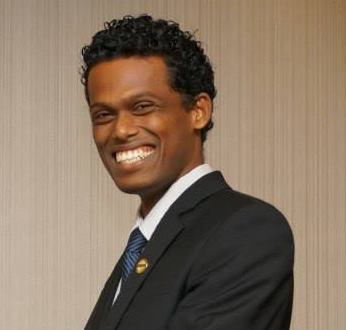Senior Lecturer
Department of Computer science & Engineering, University of Moratuwa,
Sri Lanka

Department of Computer science & Engineering, University of Moratuwa,
Sri Lanka
LIRNEasia,
Sri Lanka
University of Oregon, Department of Computer and Information Science,
USA.
Argonne National Laboratory,
USA.
Department of Computer science & Engineering, University of Moratuwa,
Sri Lanka
LIRNEasia,
Sri Lanka
Northshore College of Business and Technology,
Sri Lanka
Ph.D. in Computer & Information Science
University of Oregon, USA
MS in Computer & Information Science
University of Oregon, USA
B.Sc Engineering (Hons)in Computer Science & Engineering
University of Moratuwa, Sri Lanka
Fast Approach to Build an Automatic Sentiment Annotator for Legal Domain using Transfer Learning







